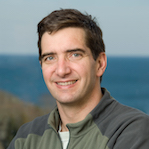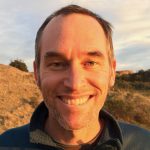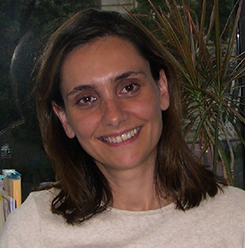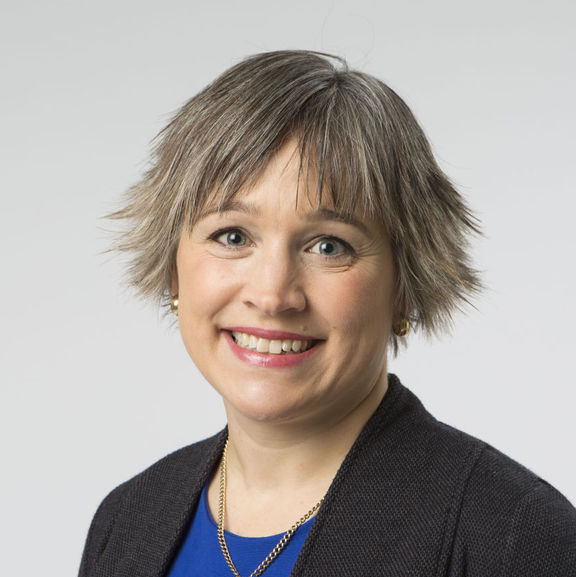Synthesis and intercomparison of ocean carbon uptake in CMIP6 models Working Group and Workshop
Timeline
- December 8-9, 2018 (Hilton Garden Inn, 815 14th St NW, Washington, DC): Community workshop - Synthesis and intercomparison of ocean carbon uptake in CMIP6 models (workshop participants, draft agenda)
- Associated AGU Fall Meeting Session: OS043. Understanding Changing Ocean Biogeochemistry (Session ID: 44159, Section/Focus Group: Ocean Sciences)
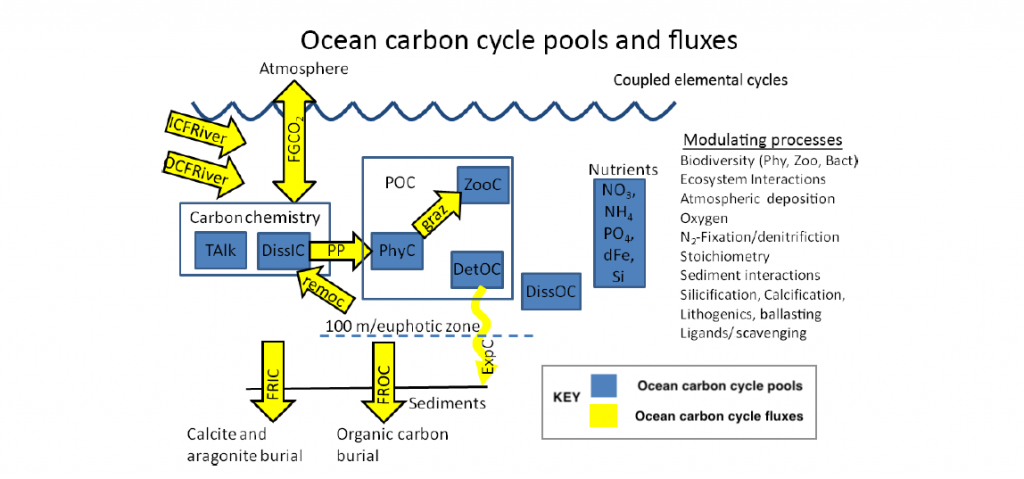
Background and Motivation
Climate and Earth System Modeling Centers around the world are currently preparing their state of the art models to participate in the 6th phase of the Coupled Model Intercomparison Project. Each center is planning to perform ocean carbon experiments in the spring/summer/fall 2018 time frame. This activity will complement existing coordination of European modeling centers by building lines of communication between the US observational and analysis communities and the various contributing modeling centers in the US (NASA/GISS, NCAR/CESM, and NOAA/GFDL), Canada (CCCMA), and Australia (CSIRO).
Objectives
A community workshop was held December 8-9, 2018 in Washington, DC just before the Fall 2018 American Geophysical Union (AGU) Meeting. The objectives of this workshop were as follows:
- Summarize high profile CMIP5 Ocean Carbon Uptake analyses and challenges, as well as the planned suite of CMIP6 experiments
- Summarize new observational constraints, including GLODAPv2, SOCAT, SOCCOM, GO-SHIP, community observational synthesis efforts such as Obs4MIPs, ocean carbon inversions, and atmospheric observations of CO2 and oxygen
- Modeling center reports on model formulation and preliminary analysis of simulated regional and global patterns in heat/carbon/tracer uptake in CMIP6 experiments
- Discuss mechanisms of heat/carbon/tracer uptake differences across models and observations towards linking physical and biogeochemical drivers and their impact
- Discuss tools and techniques that can lower barriers to analysis
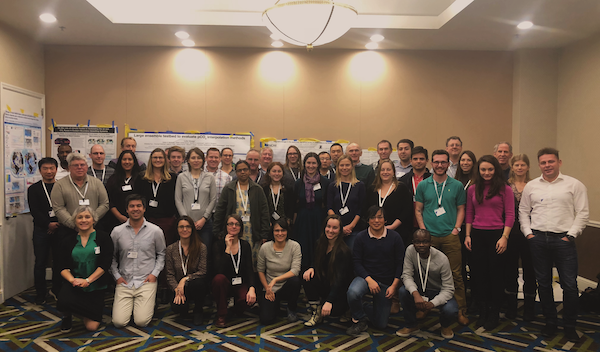
December 8-9, 2018 Workshop Summary
The US Ocean Carbon and Biogeochemistry (OCB) Program hosted a two-day workshop December 8-9, 2018 in Washington, DC on Ocean Carbon Uptake in CMIP6 Models: Synthesis and Intercomparison. The international Coupled Model Intercomparison Project (CMIP), now in its 6th incarnation, is generating a wealth of new global numerical simulations that will be available as a resource to the oceanographic community. The coupled simulations, integrating ocean-atmosphere-land dynamics, as well as ocean physics and biogeochemistry, span both the historical period (1850-present) and future scenarios out to 2100 and beyond. The goals of this workshop were to discuss:
- high-profile CMIP5 Ocean Carbon Uptake analyses, challenges, and the planned suite of CMIP6 experiments;
- new observational constraints, including GLODAPv2, SOCAT, SOCCOM, GO-SHIP, community observational synthesis efforts such as Obs4MIPs, ocean carbon inversions, and atmospheric observations of CO2 and oxygen;
- updated model formulations and preliminary analysis of simulated regional and global patterns in heat/carbon/tracer uptake in CMIP6 experiments;
- mechanisms underlying heat/carbon/tracer uptake differences across models and observations towards linking physical and biogeochemical drivers and their impact; and
- tools and techniques that can lower barriers to analysis.
Participants highlighted the availability of several new decadal-scale synthesis products on air-sea CO2 flux and ocean carbon storage and the urgent need within the OCB community for more comprehensive and efficient computational tools to make optimal use of ‘big data’ resources such as the CMIP6 model archive. Additionally, the group emphasized that the timeline of CMIP6 model analysis is extremely tight: Modeling centers are planning to supply their data publicly in March-June 2019, and the manuscript submission deadline for contribution to the sixth assessment of the Intergovernmental Panel on Climate Change is Dec 31, 2019. Workshop participants made several recommendations to facilitate and coordinate community use of the CMIP6 model archive:
- standardize tools for the estimation of ocean biomes
- explicitly separate river/coastal factors from open-ocean syntheses for air-sea CO2 flux and ocean storage
- incorporate pre-1850 carbon cycle changes
- improve understanding of ocean carbon cycling under reversibility and sustainability scenarios
Information about community follow-on activities will be available in the next couple of months.
Visit the workshop page for agenda, presentation slides and posters and information on participants.


